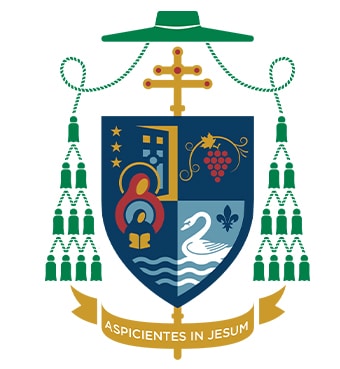LatAm debunks persistent myth about anti-Christian persecution

Recent developments in the Central American nations of Nicaragua and Venezuela both offer not only sobering indications about the direction of those societies, but also a thorough debunking of one of the most persistent myths about anti-Christian persecution in the early 21st century.
Since the subject first arose as a matter of political and media chatter in the 1990s, conversation about anti-Christian persecution has gone through several phases of denial.
The first was that there was such a thing at all, fueled by suspicion in some cultural and media circles that “anti-Christian persecution” had been ginned up by conservative Western Christians looking to win sympathy for socially unpopular positions on matters such as homosexuality and women.
After the rise of ISIS in Iraq and Syria that position became unsustainable, and most people were willing to recognize that Christians are being persecuted today at the hands of Islamic radicalism in various parts of the Middle East.
More recently, news of a possible breakthrough in Vatican-China relations has refocused attention on the fact that there is a persecuted, underground church in China, and that it’s not just radical Muslims who sometimes see Christianity as a threat.
The remaining type of denial, and one that’s proven surprisingly enduring, is that Christians are at risk of persecution only where they’re a minority. In largely Christian societies, or so the myth goes, individual Christians ought to be safe – and if they’re not, whatever they’re suffering isn’t really “religious” persecution.
Even a moment’s reflection, however, is enough to demonstrate that it’s not just places where Christians are a minority that form the front lines of this war, and it never has been.
Read more at Crux.







